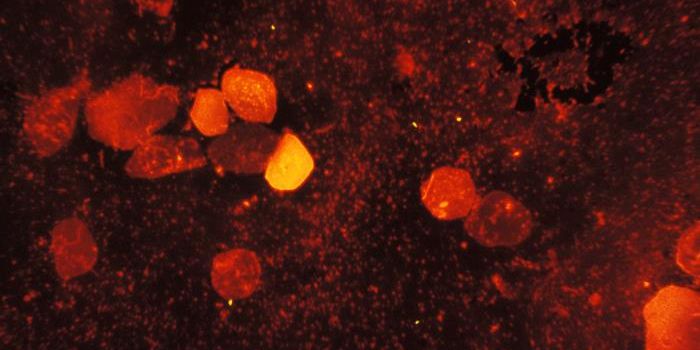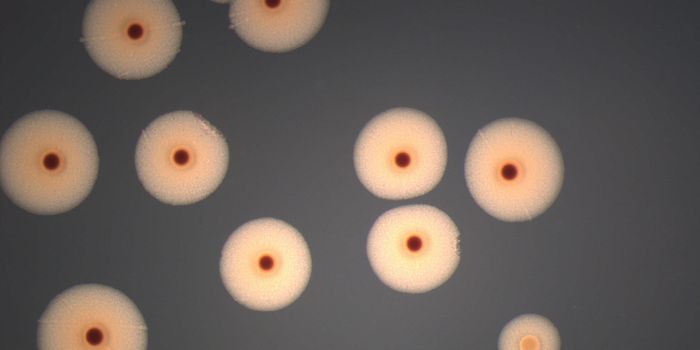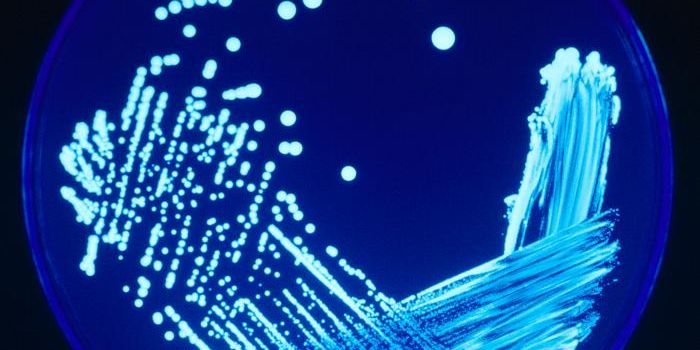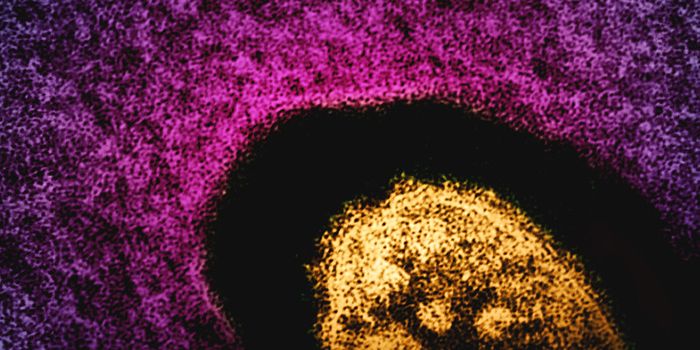The Gut Mycobiome - Don't Overlook the Unsung Fungus in Us
Though it was only discovered recently, the gut microbiome has been established as a major player in human health. Researchers have been learning more about the complex relationship between the human body and microbes in the gut, but many studies have primarily or exclusively focused on bacteria. There are many other organisms in the gut, however, including viruses, archaea, and fungi.
Scientists have now shown that intestinal fungi, a community of microbes that includes molds and yeasts and is known as the mycobiome, have a critical part in the connection between their hosts and diet. While food intake can affect the mycobiome, these fungal organisms also impacted metabolism. The findings have been published in the journal Communications Biology.
"We showed that the gut mycobiome of healthy mice was shaped by the environment, including diet, and that it significantly correlated with metabolic outcomes," explained co-corresponding study author Kent Willis, M.D., an assistant professor at the University of Alabama at Birmingham. "Our results support a role for the gut mycobiome in host metabolic adaptation, and these results have important implications regarding the design of microbiome studies and the reproducibility of experimental studies of host metabolism."
This study was made a little easier because simply ordering genetically identical mice from different suppliers provides the researchers with an array of microbiomes; mouse gut bacteria is known to change by vendor, and so does the mycobiome of the mouse jejunum, the researchers found.
In this work, the researchers focused on a part of the small intestine in their mouse model that's thought to host the most diverse mycobiome in the gut; that area is called the jejunum. Once the baseline mycobiome was established for each group of mice, the researchers studied how different diets impacted it.
When mice were given the equivalent of a western diet high in processed sugars, the fungal community was persistently altered in a way that's known to change how body mass is distributed in male mice (compared to mice fed a normal mouse diet).
Changes in the diversity and composition of the gut mycobiome were associated with changes in gene expression in metabolic tissues, metabolic biomarkers, and liver fat deposition. Weight gain and metabolic disturbances were most strongly linked to fungi from two genera, called Thermomyces and Saccharomyces.
They also determined that five unique fungal genera were present in mice from one vendor. Other mice carried unique genera too but not as many strains. The research established that these fungi are truly a part of the gut, and were not coming from the animals' diets.
"Our results highlight the potential importance of the gut mycobiome in health, and they have implications for human and experimental metabolic studies," said co-corresponding study author Joseph Pierre, Ph.D. of the University of Tennessee Health Science Center. "The implication for human microbiome studies, which often examine only bacteria and sample only fecal communities, is that the mycobiome may have unappreciated effects on microbiome-associated outcomes."
Sources: AAAS/Eurekalert! via University of Alabama at Birmingham, Communications Biology









